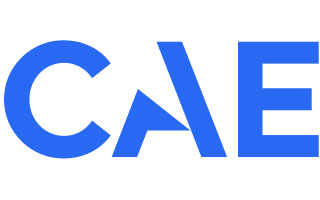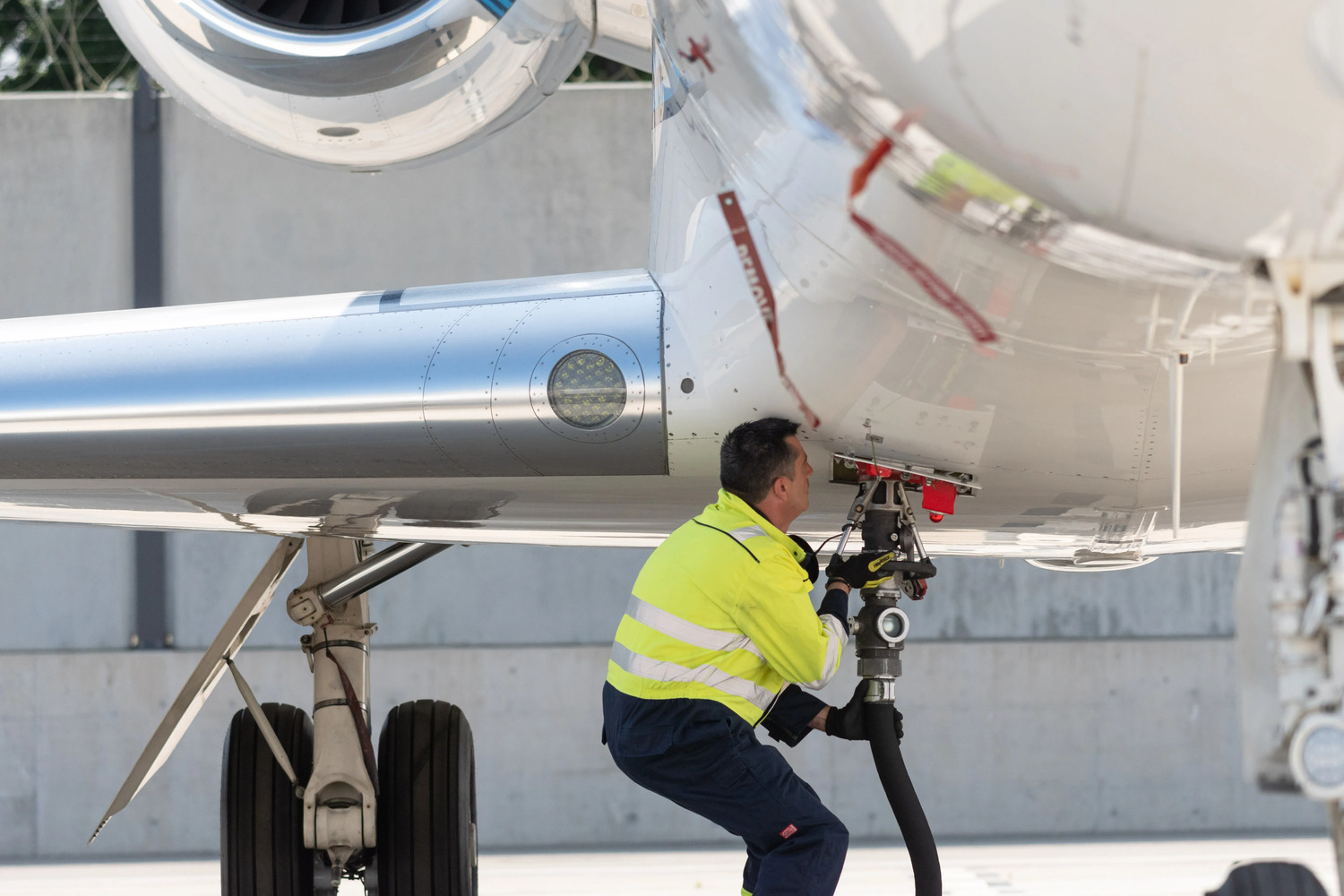Yet according to the recent report by Aviation Business Strategies Group, just 3% of FBOs polled in their survey planned to sell sustainable fuel during 2020, suggesting there’s a need for the wider industry to be convinced of the merits of this new fuel type.
But what will be needed before the apparent potential of Sustainable Aviation Fuel (SAF) can really begin to catch on in Business Aviation and become a solid part of the industry’s future? “It is going to take a combination of very consistent demand from the FBOs, OEMs and the owner/operator community,” suggests aviation analyst Rolland Vincent, Rolland Vincent Associates.
There is a lot of misrepresentation within the industry, according to Vincent, which will take time, money and some convincing messaging to resolve. “From what I hear, there is still work to be done to convince aircraft owners and operators that SAF is truly drop-in in nature, and will not impact engine and airframe warranties, maintenance procedures and aircraft values.”
Classic Supply & Demand Issues
“Sustainable Aviation Fuel has not yet demonstrated the ability to produce in volume, widely distribute, or price itself even close to traditional aviation fuels,” says Brian Foley, Brian Foley Associates.
Vincent believes that the ultimate goal is to lower SAF prices, but that “there needs to be an understanding that ‘leading’ is not about demanding unreasonably low prices for this innovative fuel blend.”
Part of the problem with use of SAF within the industry is that Business Aviation has a fundamental and structural disadvantage, Vincent believes, with much less concentration of Business and General Aviation flight activity, unlike what you typically see at “fortress” airline hubs.
“There’s very limited supply at this point in time,” he says. “There is just a handful of refineries developing Sustainable Aviation Fuel, and most of it is going to the airlines under longer-term contracts to ‘fuel’ their hubs. “This is a problem that has no obvious resolution.”
“For the foreseeable future, Sustainable Aviation Fuel will largely be used as a publicity stunt for individuals and corporations to demonstrate their environmental stewardship,” Foley predicts, “even if it means mixing in only a tiny fraction of Sustainable Aviation Fuels with a traditional fuel load.”
Opportunity in Adversity?
Sharply lower oil and jet fuel prices, and a reduction in airline flying in the wake of the coronavirus pandemic is blunting demand [from the airlines] for all types of fuel, Sustainable Aviation Fuel included.
“While on paper this could enable better availability for Business Aviation FBOs and owners/operators, the JET-A/Sustainable Aviation Fuel price differentials will continue to put a frown in the foreheads of corporate CFOs, particularly in this new era where ‘capital preservation’ at businesses is all the rage,” Vincent suggests.
“Innovative financing services make sense - I think this is a good idea. Simply making SAF more visible will likely make it more acceptable - something that owners and operators don’t need to worry about or even think much about”, he adds.
And here, Fixed Base Operators have an important role to play. “As points of supply and demand, there’s an opportunity for progressive FBO leaders to stake the high ground and position themselves as thought leaders and innovators in preparing for a cleaner, greener tomorrow,” Vincent concludes.
In Summary
So while supply and demand are both limited in the Business Aviation community at present, there remains the potential for SAF to catch on.
From those observing the industry, though, the message is clear. A sustained message (not merely for publicity’s sake) is going to need to come across from the OEMs and industry suppliers. And assurances will need to be made loud and clear that the use of SAF will not harm the warranties of operators or the aircraft themselves, should owners choose to utilize SAF for their operations.
Source: www.avbuyer.com












